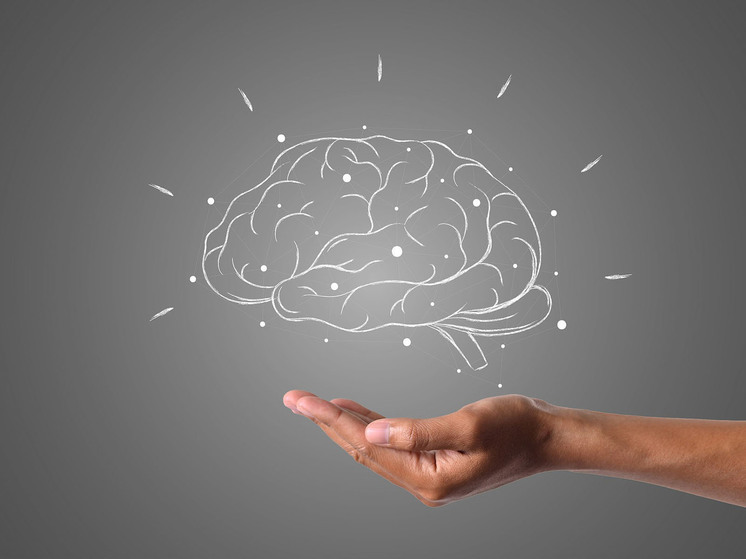The higher the body mass index, the larger the hypothalamus
The appetite control centers in the brains of obese and overweight people differ from those of normal weight people. The study found that the hypothalamus in people with a higher body mass index (BMI) is «significantly larger».

New research suggests obese and overweight brains have different appetite control centers than those which belong to people with less weight, according to Sky News.
Researchers say their results provide additional evidence for a link between brain structure and weight and food intake.
Nearly two-thirds of adults in the UK are overweight or obese, according to the Health Improvement and Inequality Authority.
This increases the risk of developing health problems such as type 2 diabetes, heart disease and stroke, cancer and poor mental health.
Researchers say how much people eat and what they eat is influenced by several factors, including genetics, hormonal regulation and the environment in which they live.
However, it's not entirely clear what happens to the brain to tell us if we're hungry or full, notes Sky News.
Past research has shown that the hypothalamus — a small area of the brain the size of an almond — plays an important role.
Dr Stephanie Brown from the Department of Psychiatry at the University of Cambridge says: «While we know that the hypothalamus is important in determining how much we eat , in fact, we have very little direct information about this area of the brain in living people, because it is very small and difficult to see on a traditional MRI scan of the brain.»
Professor Paul Fletcher, senior author of the study, also from the Cambridge Department of Psychiatry, says: “The last two decades have given us important insights into appetite control and how it can be altered in obesity. Metabolism researchers at Cambridge have played a leading role in this. Hopefully, by applying this new approach to analyzing brain scans on large datasets, we can further extend this work to humans, ultimately linking these subtle brain structural data to changes in appetite and food intake and creating a more complete understanding of obesity.»
Most of the evidence for the role of the hypothalamus in appetite regulation comes from animal studies, which point to complex interacting pathways within the hypothalamus where different populations of cells work together to tell us when we are hungry or full.
To get around this, the researchers used a machine learning algorithm to analyze brain scans of 1,351 young adults across a range of BMI measures.
Scientists looked for differences in the hypothalamus when comparing underweight, healthy people overweight, overweight or obese, continues Sky News.
According to the findings, the total volume of the hypothalamus was significantly greater in groups of overweight and obese young people.
Researchers describe a significant relationship between hypothalamic volume and body mass index (BMI).
Differences were most evident in areas of the hypothalamus that control appetite through the release of hormones that balance hunger and satiety.
Although accurate the significance of this finding is unclear, the researchers suggest that one explanation is that the change is due to inflammation. Previous animal studies have shown that a high-fat diet can cause inflammation of the hypothalamus, which in turn leads to insulin resistance and obesity.


